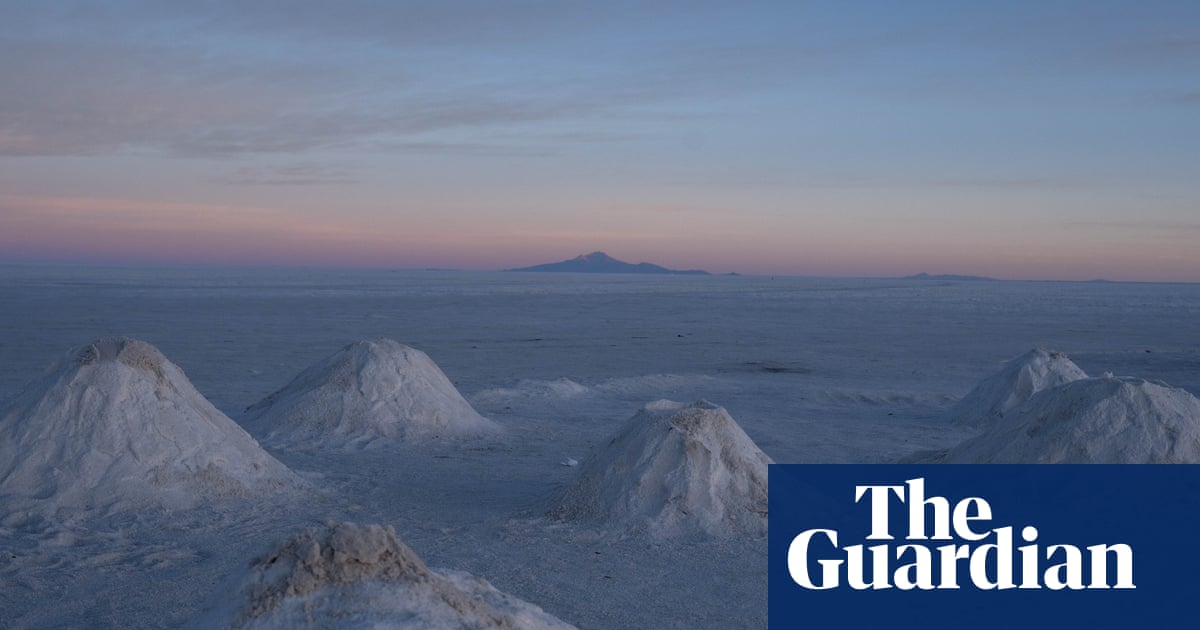
"Growing up near Bolivia's Uyuni salt flats, Franz Ali Ramos remembers playing in the high-altitude wetlands near his home during the rainy season. It was a beautiful recreation area for us and for animals, he says. Now, the wetlands have given way to cracked, sunbaked earth a change that Ali Ramos blames on nearby operations by Bolivia's state lithium corporation, Yacimientos de Litio Bolivianos (YLB)."
"Lithium industrialisation in Bolivia began in 2008, when the then president Evo Morales announced a plan to nationalise the country's reserves concentrated in the Uyuni salt flats. It took until 2023 for the first plant to open, however, after claims of mismanagement by YLB and the 2019 political crisis when Morales was forced to resign by the military over allegations of election fraud brought delays."
"Since the plant's inauguration, output has fallen far short of targets: in 2024, it produced only 2,000 tonnes of lithium carbonate, far below its estimated annual capacity of 15,000 tonnes. Frustrated by the slow progress, YLB signed contracts worth $2bn (1.49bn) with Russia's Uranium One Group and the Chinese consortium CBC last year."
Wetlands around Bolivia's Uyuni salt flats have dried into cracked, sunbaked earth, and local residents link the change to nearby lithium operations by Yacimientos de Litio Bolivianos (YLB). Communities such as Rio Grande, about 18 miles from YLB's Llipi plant, report a state of emergency and growing powerlessness over environmental impacts. National lithium industrialisation began with a 2008 nationalisation plan but faced delays from alleged mismanagement and the 2019 political crisis, delaying the first plant until 2023. Production has fallen far short of capacity, prompting $2bn contracts with Russian and Chinese firms and debate over water use by new extraction technologies.
#lithium-mining #uyuni-salt-flats #water-scarcity #yacimientos-de-litio-bolivianos #community-impact
Read at www.theguardian.com
Unable to calculate read time
Collection
[
|
...
]